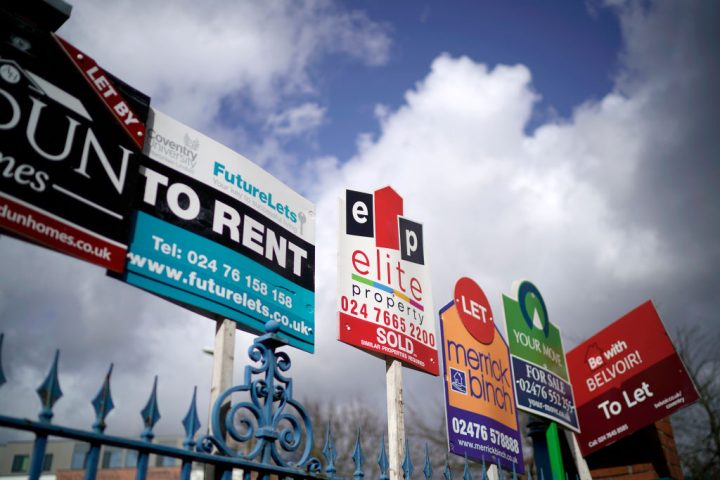Rishi Sunak is having a busy week. After announcing his crackdown on anti-social behaviour over the weekend, he set out a slew of new promises yesterday to ban laughing gas, increase fines for littering and give police powers to ‘move on’ what he deems ‘nuisance’ beggars.
Among them was a proposal that would allow landlords to evict tenants with just two weeks’ notice if they are disruptive to neighbours through noise, drug use or damage to property.
Already a subscriber? Log in
Subscribe for just $2 a week
Try a month of The Spectator Australia absolutely free and without commitment. Not only that but – if you choose to continue – you’ll pay just $2 a week for your first year.
- Unlimited access to spectator.com.au and app
- The weekly edition on the Spectator Australia app
- Spectator podcasts and newsletters
- Full access to spectator.co.uk
Or




















Comments
Don't miss out
Join the conversation with other Spectator Australia readers. Subscribe to leave a comment.
SUBSCRIBEAlready a subscriber? Log in